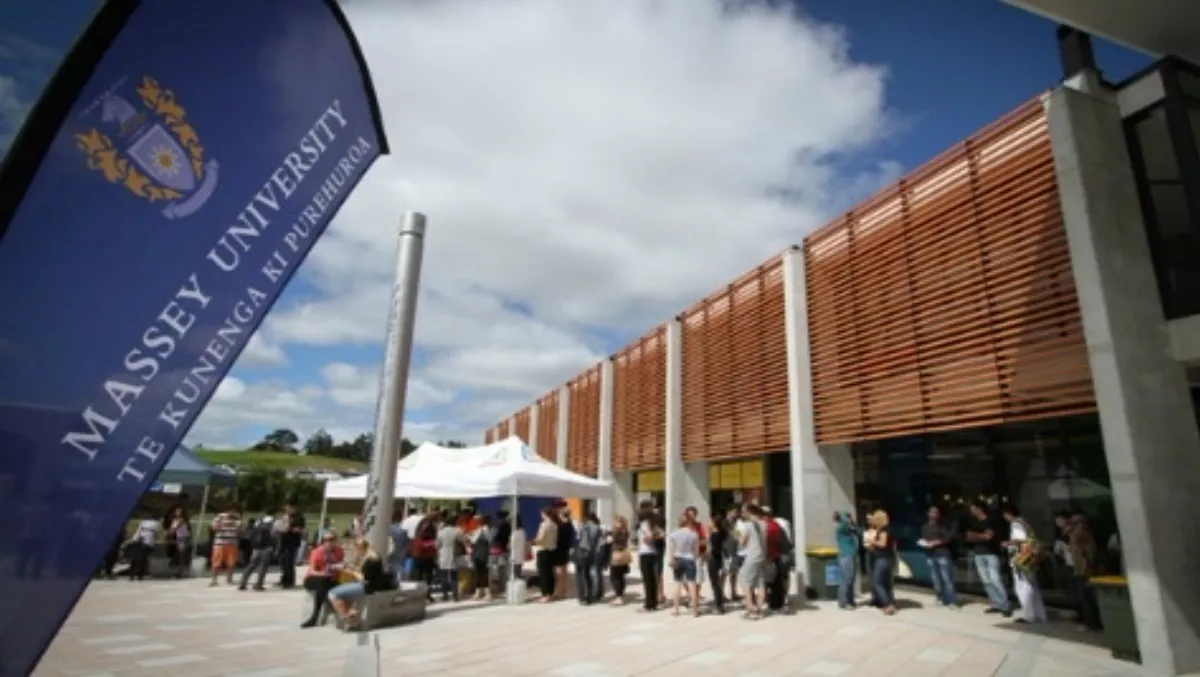
Massey University plugs NZ skills shortage with new big data degree
Massey University has announced it is launching New Zealand's first business-focused analytics degree next month to address the skills shortage in analysing big data.
Marketing expert Professor Harald van Heerde, who analyses large data sets in his own research to quantify the impact of marketing, says the university is responding to a need identified by New Zealand businesses.
"We constantly hear from employers looking for people with strong analytical skills who also have a good understanding of business," he says. "These companies are having a very hard time finding anybody in New Zealand who can handle big data in a way that makes it useful to them.
van Heerde says few New Zealand organisations use their data really well, but many realise they are missing out on opportunities.
"With the ability to track so many things electronically now – website visits, mobile phone geolocation apps, loyalty programmes and so on – a lot of companies are realising they are collecting a lot of data but doing very little with it," he says.
"This is a valuable resource they already have, it's just a matter of harvesting it. Making better sense of your data leads to better decision-making – whether it's deciding the best marketing activity to invest in, the most valuable customers to target, or identifying trends that you might not otherwise notice.
The Master of Analytics (Business) will be available at Massey's Albany campus in 2015 and will be taught by lecturers from both the Massey Business School and College of Sciences.
"There are other postgraduate analytics qualifications in New Zealand, but they focus more on the technical aspects of data analysis for scientists," van Heerde says.
"This degree is unique because it's about using data in a way that is useful for real-world business decision-making.
He adds, "computer scientists are good at handling data, but that doesn't mean they understand business problems and how they can be tackled by data sets that often exist within a firm.
Under the degree, students will be taught the fundamentals of data mining, statistics and handling data sets by science lecturers. The university says they will then transfer those skills to a business context by specialising in marketing, finance or supply chain management. In the final phase of the one-year programme, students will complete a real analytics project for their employer or another company.
van Heerde says the practical programme was developed with input from an industry panel, which included representatives from companies like KPMG, The Warehouse Group and 2Degrees.
He's confident the new qualification will be well supported by employers who recognise they are facing a skills shortage.
"We are only at the beginning of the revolution – more and more things are going online all the time and there's been a generational shift in attitude where young people are happy to share where they are and what they are doing. They see the benefits of receiving the right offer at the right time.
He says there has been a change in the mentality of organisations as well.
"Now that storage costs are no longer an issue, it's accepted that you should keep track of activity over a long period of time and store information in a way that makes it easy to access and analyse. In this environment, decisions not backed by clear data will be a hard sell internally.


